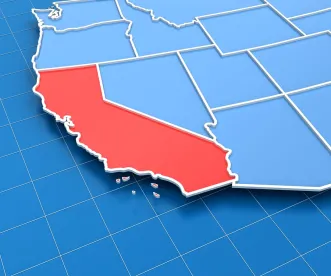The recent focus on the EEOC’s new Component 2 to its EEO-1 Report has been undeniable. It requires employers report on the race, ethnicity, sex, job type, pay, and hours worked data of its employees.
OMB approved this data collection during the Obama Administration. Then, under President Donald Trump, the OMB reversed course, staying the obligation. In response, the National Women’s Law Center sued to reinstate it. Earlier this year, the District Court overturned the stay – requiring employers, again, to disclose employee pay. While the OMB has appealed this decision, EEOC is on track to begin collectingthis detailed race-, ethnicity-, and sex-based pay data soon.
With all this activity at the national level, it would be easy to miss the other mandatory EEO pay data reporting obligations advancing.
California – estimated to be the fifth largest global economy – is quietly advancing its own race- and sex-based pay data reporting requirement.Introduced in January 2019, Senate Bill 171 passed the California Senate on May 22. On June 26, it began its path through the Assembly with hearings in the Labor and Employment Subcommittee.
In its current form, SB 171 would require private employers with at least 100 employees to submit an annual report for each establishment to the California Department of Fair Employment and Housing (DFEH). The bill would require the DFEH to make the reports available, upon request, to the California Division of Labor Standards and Enforcement, the state agency tasked with enforcement of the state’s wage and hour laws.
Much like the EEO-1 Report’s Component 2, each proposed California report would contain employee pay data broken down by race, ethnicity, and sex within specified job categories. In fact, the two requirements are so similar that, in its current form, SB 171 would permit employers to submit their EEO-1 Report Component 2 to satisfy the contemplated state-level reporting obligation.





 />i
/>i

